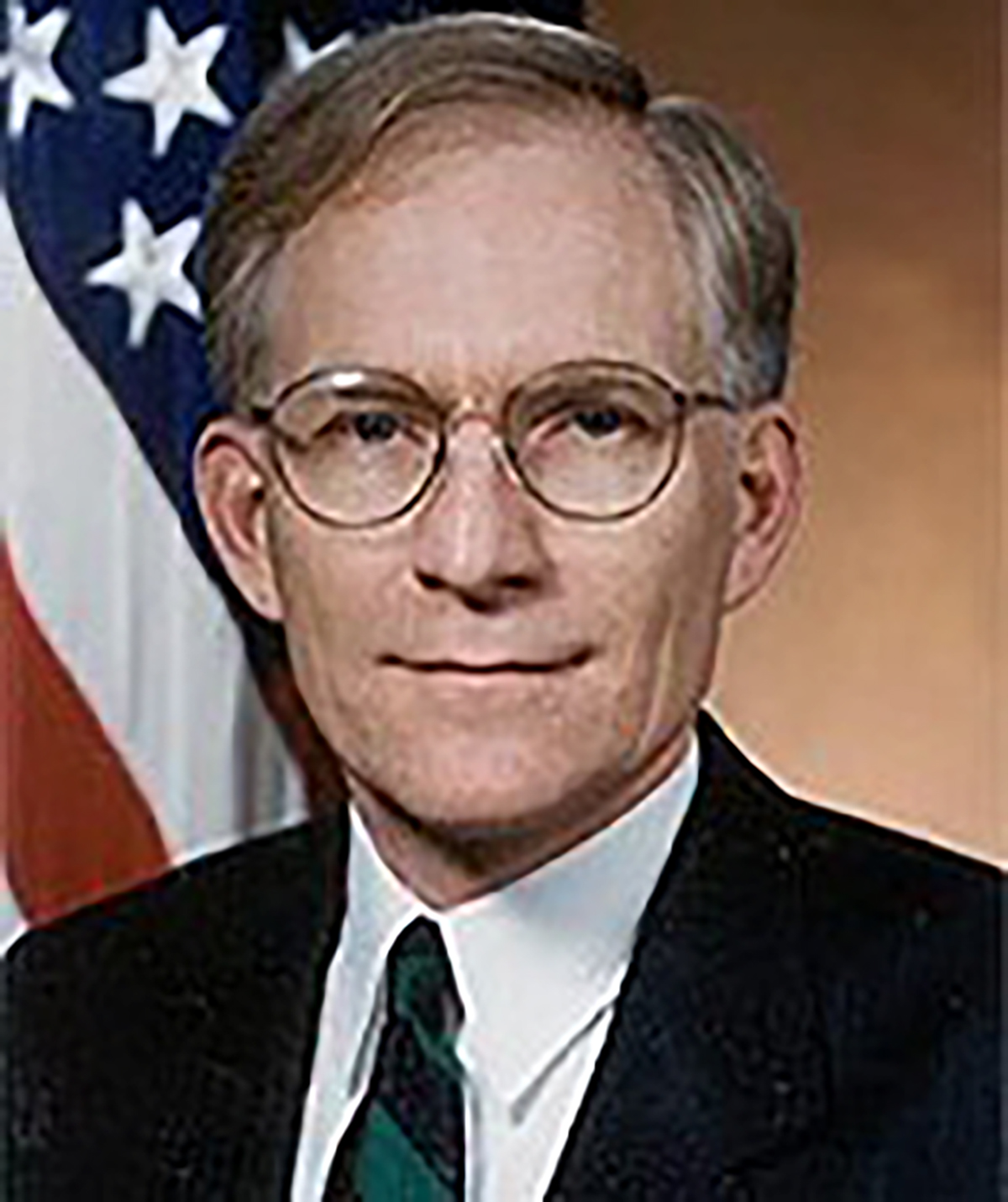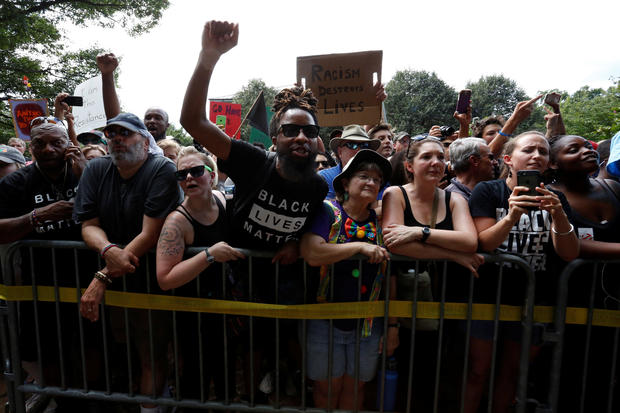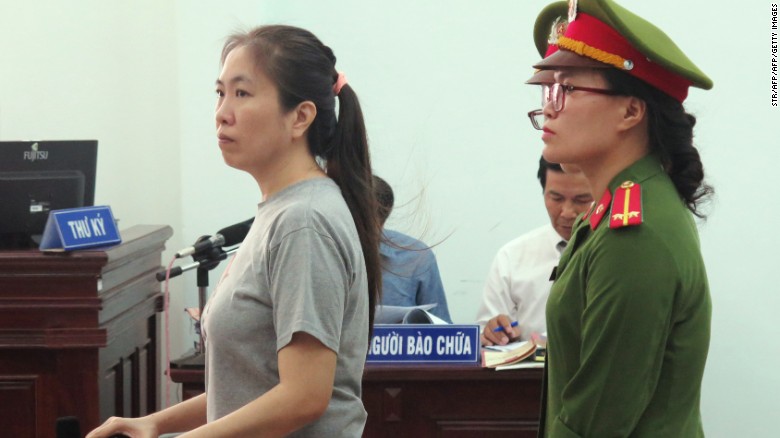International prosecutor David M. Crane to discuss media and war crimes
In 2013, Charles Taylor, the former president of the West African nation Liberia, was convicted and sentenced to 50 years in prison for war crimes and crimes against humanity for subjecting the people of Sierra Leone to murder, mutilation, rape and sexual slavery. Estimates vary, but it is believed that more than 50,000 people were killed, several hundred thousand were maimed or wounded and 2.5 million were displaced in a nation of 6 million during 11 years of conflict.
Taylor is the only sitting head of state ever to be convicted on such charges, according to David M. Crane, the chief prosecutor in the case. He was appointed by Kofi Annan, then-secretary general of the United Nations, at the recommendation of the Security Council, to create and manage the independent Special Court for Sierra Leone. Besides Taylor, the leaders of three other factions in the war were also convicted of war crimes, including the widespread forced conscription of children as fighters.
Why was Crane chosen?
“That’s the $25 question,” he said. “(Former U.S. secretary of state) Colin Powell told me that I had a reputation for creating new organizations and driving them forward toward success.”

At 3:30 p.m. Tuesday in the Hall of Philosophy, Crane will discuss his work and address the theme “Journalism and International Justice” as part of the Oliver Archives Heritage Lecture Series. He will be joined by the television and newspaper journalist Brian Rooney, the winner of four Emmy and two Edward R. Murrow awards. A renowned expert in international criminal law and a professor of that subject at Syracuse University’s law school, Crane said he chose the topic because of “the role of the press in bringing atrocities to light. Without the press, politicians would just cover them up.”
While Taylor is the only head of state to be tried and convicted by an international tribunal, Crane — along many other human rights advocates and legal scholars — hopes he will not be the last. Crane created and has headed the Syrian Accountability Project at Syracuse University since the beginning of the civil war in Syria in 2011. The group has built a huge database and index matrix cataloguing war crimes and crimes against humanity perpetrated by Syria’s president, Bashar al-Assad and the leaders of 13 fighting factions. The group, which has verified 8,000 pages of individual war-crime incidents, has been praised by the U.S. Congress and the United Nations for its work, and could be called upon to assist in any potential tribunal.
“If they call me tomorrow, I could prosecute Assad,” said Crane, who served in the U.S. military and worked for 30 years on national security issues and policy for the Department of Defense and congressional intelligence committees.
There have been only four international war crimes tribunals in the modern era: The trials of Nazi war criminals in Nuremberg after World War II; the prosecution in The Hague of the leaders of various factions in the civil war in Yugoslavia, including the former Serbian president, Slobodan Milošević, who died awaiting trial; the tribunal in The Hague to bring to justice those responsible or complicit in the Rwandan genocide; and the Sierra Leone trials.
Why are such tribunals necessary?
“Because in the 20th century, 115 million people were destroyed by their own governments,” Crane said. “It is important to hold heads of state, dictators and thugs accountable.”
People don’t realize it, Crane said, but the Cold War, from 1945 to 1993, was “the bloodiest war in history,” in which 90 million people died.
“Political stasis neutralized the U.N. because the United States and the Soviet Union had veto power, so dictators were allowed to do whatever they wanted,” he said.
By the 1990s, the world community had come to the realization that continuing to stand and watch as regional wars raged across the globe was no longer tenable, and decided to act by resurrecting war crimes tribunals.
And if, as many believe, a tribunal is formed to seek justice for the victims of atrocities in Syria, Crane and his group will be ready.
“We have an office that will give the proper evidence to any prosecutor,” he said.




